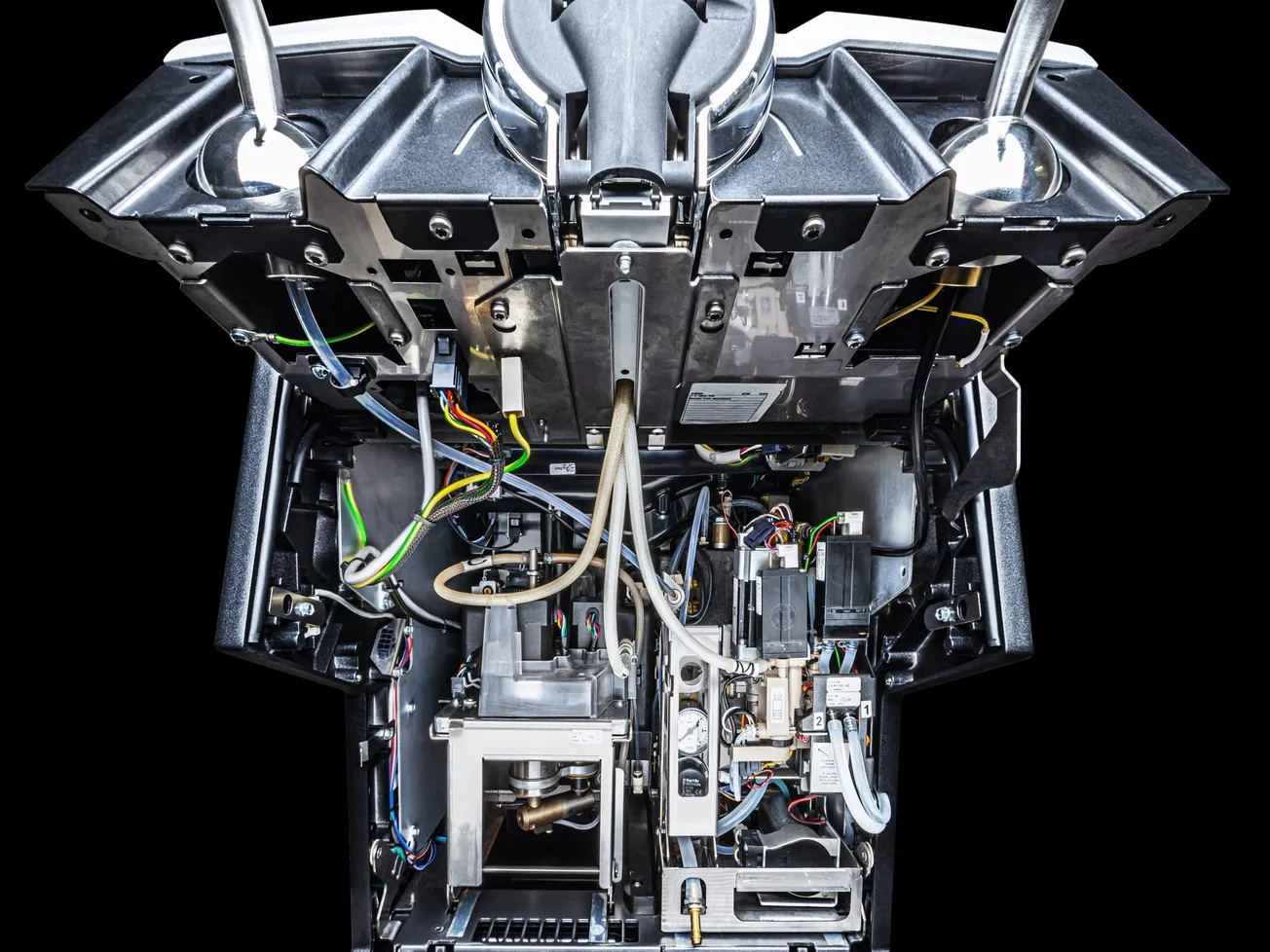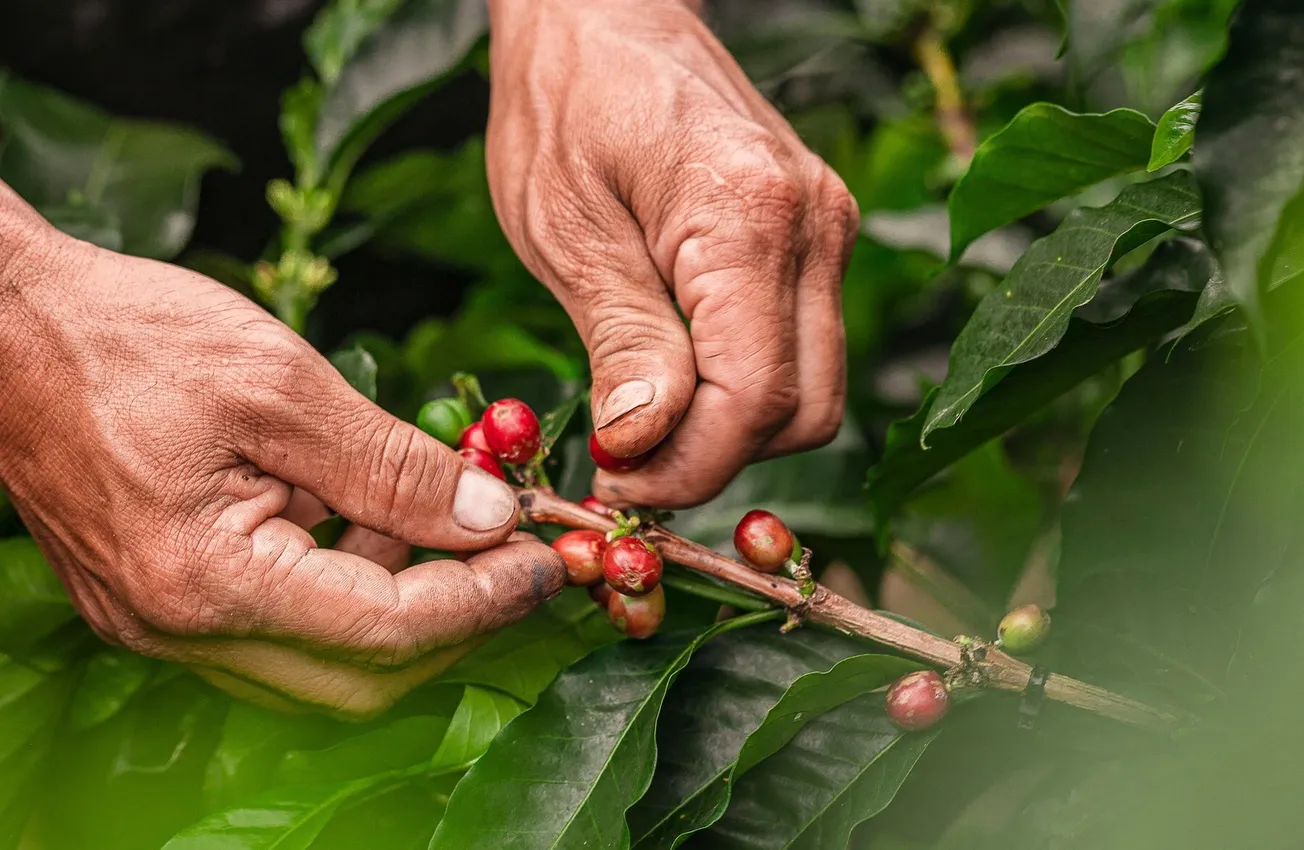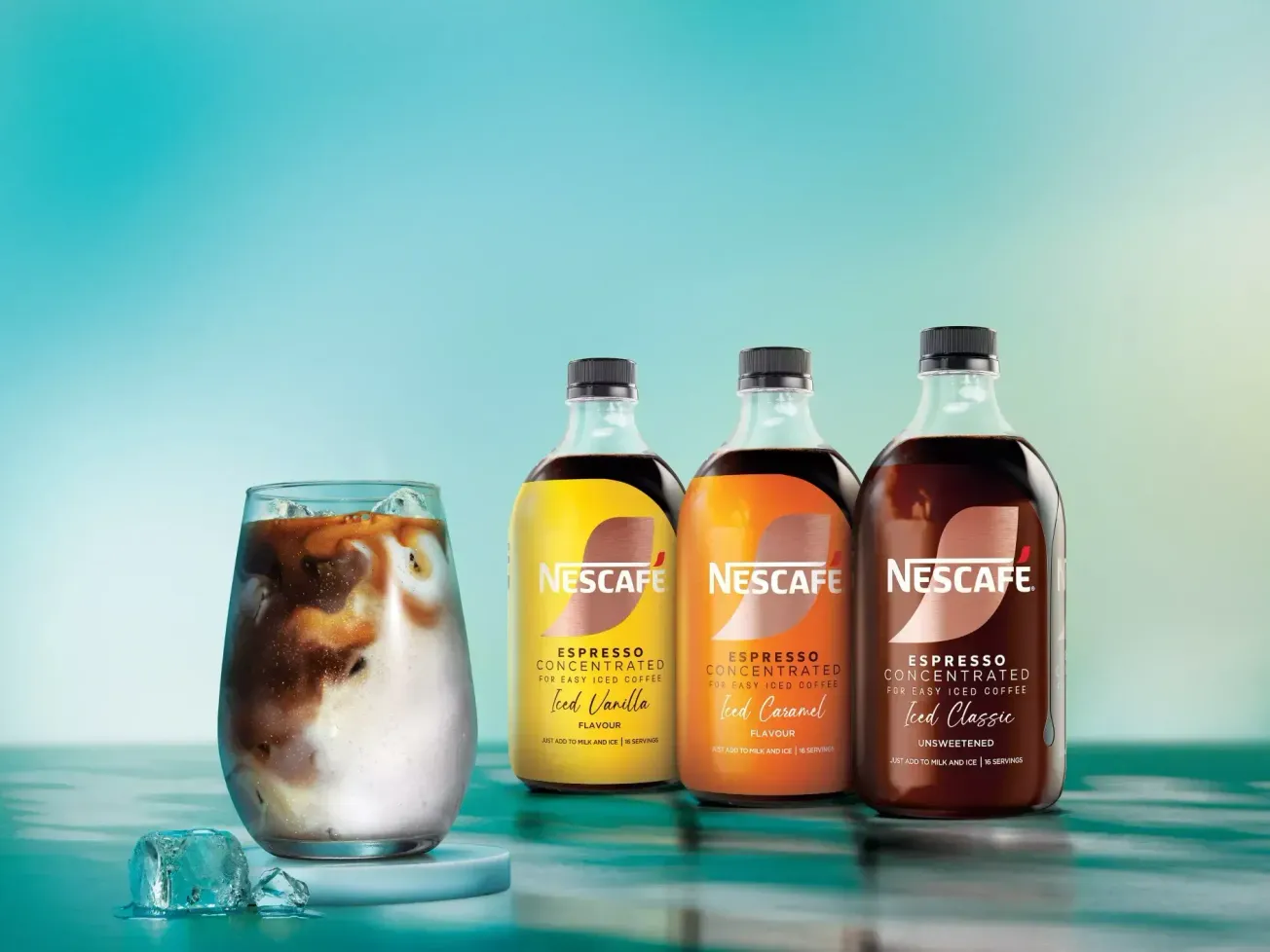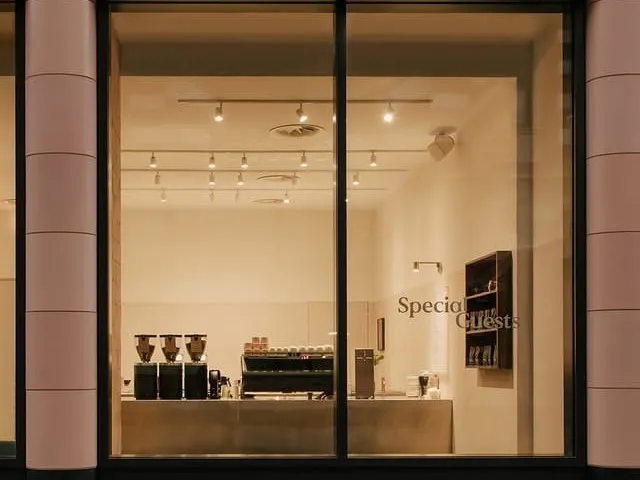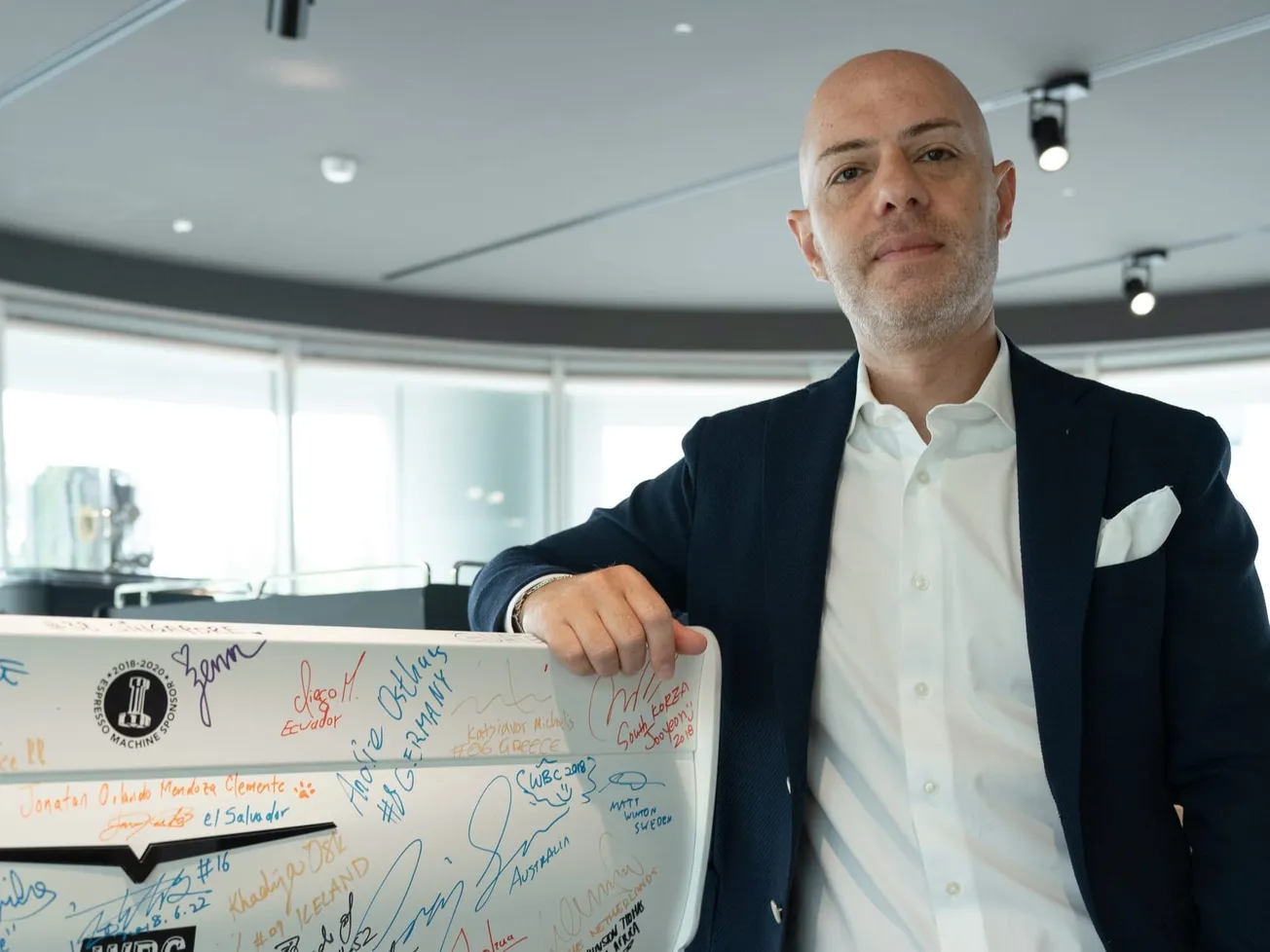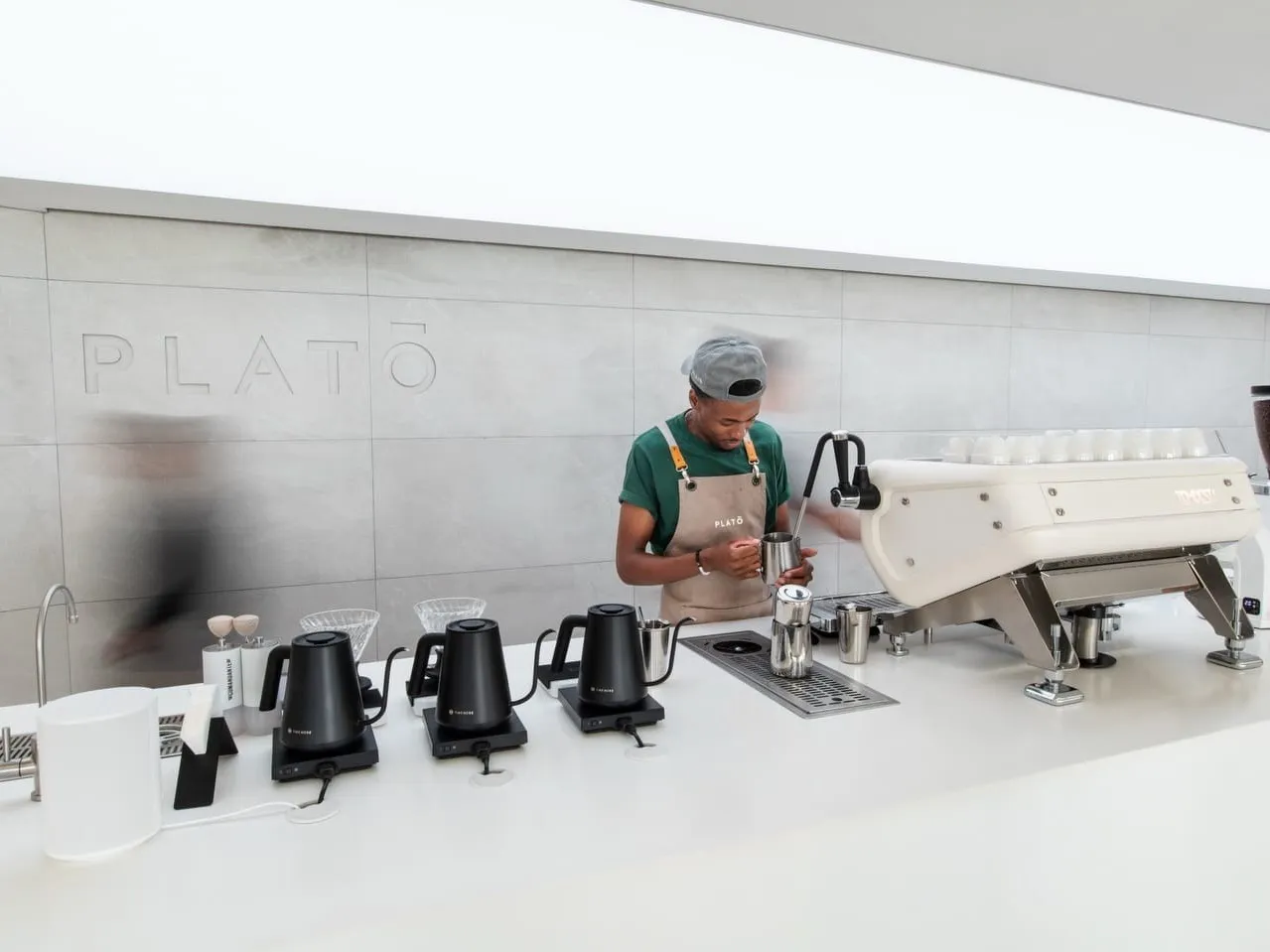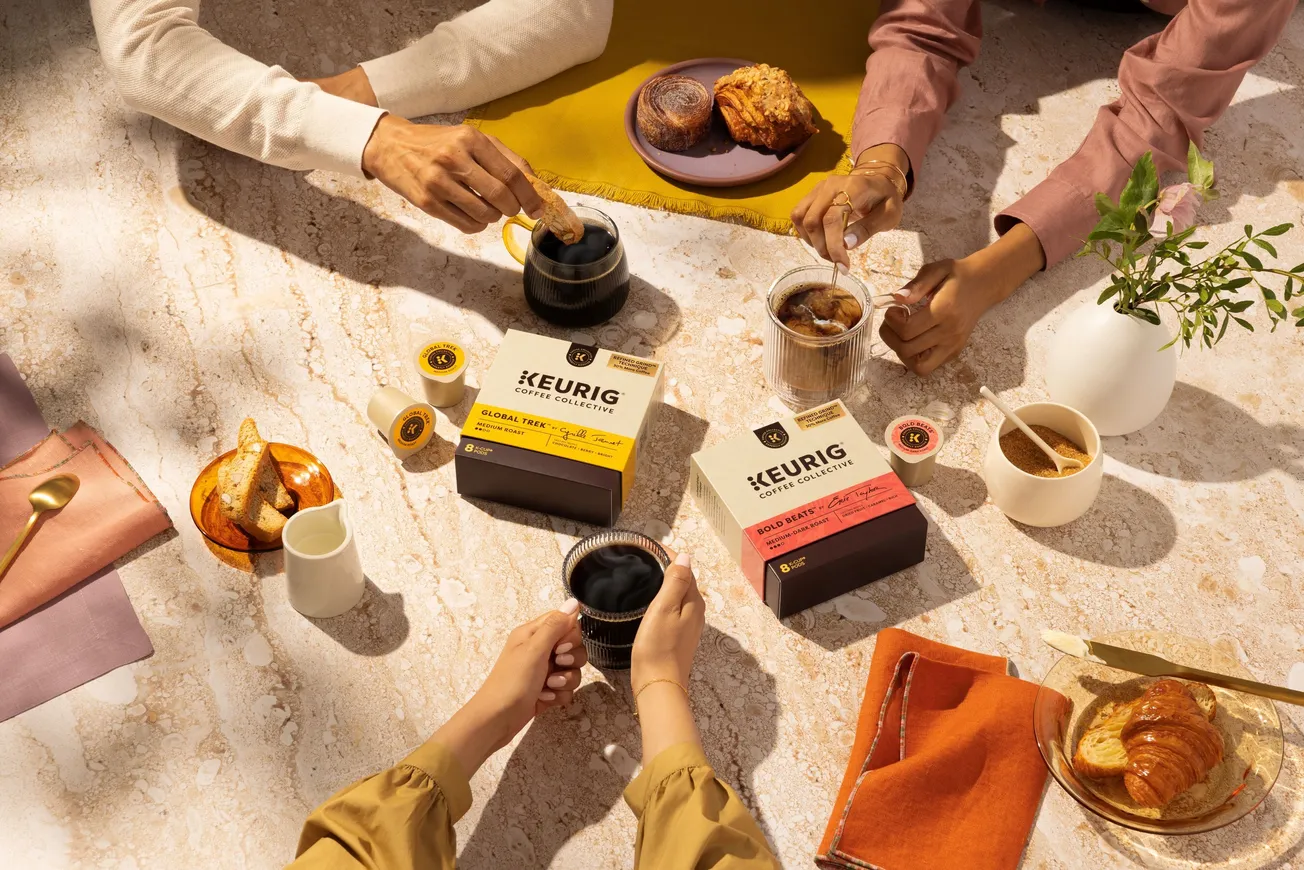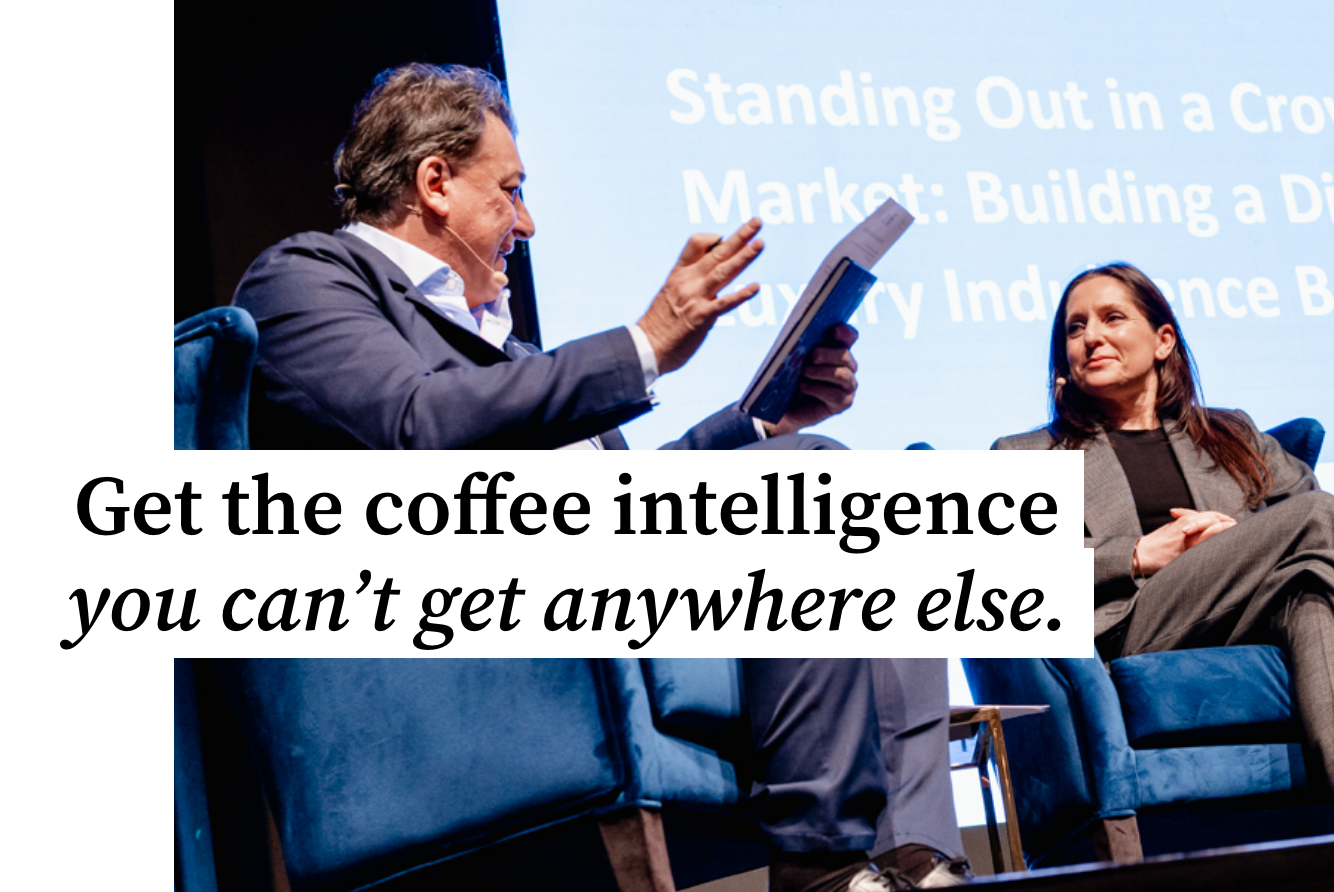With sophisticated technology providing benefits across quality, convenience and efficiency, a new three-part series explores how a new generation of automated coffee concepts could become important tools delivering quality hospitality at scale in the post-pandemic world. By Tobias Pearce
In 1944, US Air Force servicemen Lloyd K. Rudd and K. Cyrus Melikian couldn’t get a cup of coffee during a late-night post exchange. Reluctantly settling for a cold soda from a nearby vending machine, the pair wondered why hot beverages couldn’t be dispensed in the same automated fashion.
The Rudd-Melikian Company they later founded is credited with launching the first modern coffee vending machine. Patented in 1947, the ‘Kwik Kafe’ took five seconds to prepare a cup of instant coffee. By 1955, there were more than 60,000 units in operation across the US.
Automated coffee has come a long way since then, but the desire of Rudd and Melikian for an after-hours cup of coffee on the road endures to this day. Most of us have, however, endured a sub-par beverage at a far-flung transport hub or waiting room, with quality expectations frequently sacrificed at the altar of convenience when it comes to automated coffee.
Increasingly, super-automatic technology is elevating both quality and choice across vended and staffed coffee propositions – and giving baristas a run for their money when it comes to quality, speed and consistency.
With staff turnover typically high in the hospitality industry, super-automatic machines can also significantly reduce human error caused by insufficient staff training and help deliver product consistency across large estates.
It’s no wonder the global market for automated coffee is thriving. In the UK alone, World Coffee Portal data shows the premium self-serve vending market has more than doubled in size to more than 14,600 units over the last five years.
“Automated coffee machines allow businesses to offer quality coffee consistently without needing to train busy staff with the dedicated barista skills”
– Beth Langley, Out-of-Home Director at Nespresso Professional
In Italy, world-renowned espresso machine manufacturer Cimbali Group plans to increase super-automatics from 25% of its business today to at least 40% within three years. “The super-automatic market is growing faster than the traditional market. It is less mature and therefore has much higher growth potential,” says Enrico Bracesco, Chief Commercial Officer, Gruppo Cimbali.
Eyeing huge potential for super-automatic technology in the global market, in May 2021, appliance manufacturer and coffee equipment specialist, De’Longhi Group completed its $164m acquisition of Swiss super-automatic espresso machine maker, Eversys.
“As more customers want to enjoy a good quality cup of coffee when they go out to restaurants, pubs or bars, automated coffee machines give businesses the opportunity to offer quality coffee consistently without needing to train busy staff with the dedicated barista skills,” says Beth Langley, Out-of-Home (OOH) Director at Nespresso Professional.
“Alongside this, because of the pandemic and the focus on health and safety, I think we’ll see an increase in hospitality businesses considering automated coffee machines as an option for their business,” she adds.
Lem Butler, a five-time US barista champion and Co-founder of Black & White Coffee Roasters, agrees that super-automatic technology can generate new business opportunities for hospitality brands seeking to offer higher quality but not specialise in coffee.
“There is a need for that consistency in restaurants and bakeries that want to add a coffee programme but don’t have the time to dive into training people to run an espresso machine. A super-automatic is perfect for them,” he says.
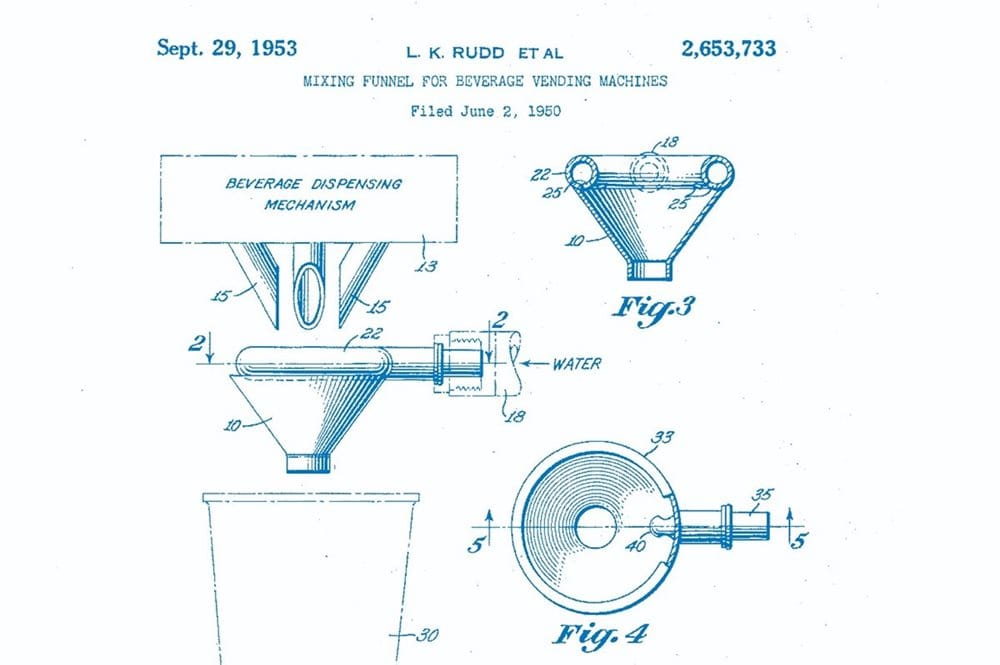
Super-automatic coffee machines are also increasingly being deployed by giants of the coffee industry. Global brands, including Starbucks, Costa Coffee, Lavazza and Tchibo – to name but a few – have all invested significant resources in automated and self-serve coffee concepts in recent years – and Covid-19 looks set to accelerate this trend.
“The virus helped drive automation forward, but it didn’t create the trend. The dynamic is here to stay,” says Eugene Kovalenko, Chief Commercial Officer at Rozum Café, a customisable robotic coffee concept founded in Belarus in 2018 with eight units in operation across Belarus, Russia and Saudi Arabia. By 2022, the brand aspires to operate more than 50 units in the MENA region and more than 30 in the US.
The robotic barista concept takes two minutes to prepare the most complex coffee and syrup beverage on its integrated menu. And, while the technology doesn’t make individual beverages quicker than a human barista, Kovalenko says the technology’s efficiencies become apparent in the long term.
“In the long run, a robotic barista is far more efficient than a human,” he says. “The Rozum Café can whip up to 30 beverages in an hour and more than 400 in a 12-hour shift. In general, the biggest expenses for a regular coffee bar owner are related to staff costs,” he adds.
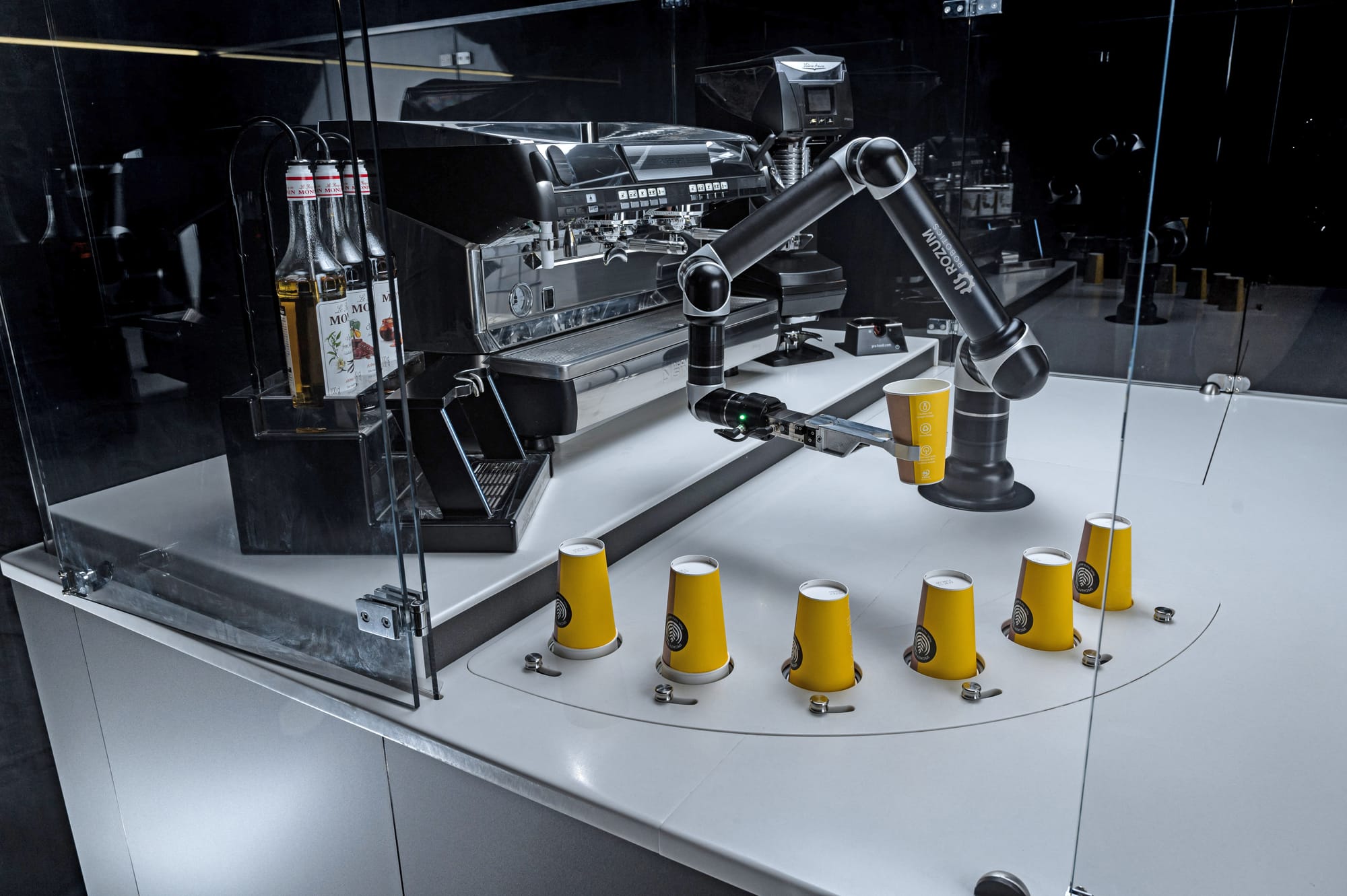
The human touch
Could automated machines completely replace the barista role? When it comes to the highest echelons of coffee quality, Butler is sceptical. “I don’t think there ever would be a time when a machine would match a highly skilled barista. A machine can’t know if the coffee is an anaerobic natural process coffee from Colombia, or if it’s 20 days off roast.”
But aside from the capabilities of an elite group of coffee professionals, Butler highlights the importance of baristas as important links between customers and the coffee supply chain.
“The real role of the barista is forging human connection,” says Butler. “The barista is the last person in the coffee value chain that connects the consumer to the person who produced the coffee. It’s one of the saddest elements too, because farmers and baristas are the two lowest-paid groups in the coffee value chain. Once people start to realise the importance of the barista who is connecting the consumer to this entire chain, we’ll start to see the value of the barista rise.”
Cimbali Group’s Bracesco is also doubtful that automated machines will entirely replace the barista.
“Super-automatic machines are not intended to negate human creativity and ability. Rather, they provide the option of automation without compromising the end product.”
Even Rozum’ Café’s Kovalenko foresees a future where human baristas will remain in demand, albeit in more specialised contexts. “There will always be the demand for exclusive products and places with some history behind them. While the dynamic for automation keeps evolving, demand for baristas that can provide clients with more than simply coffee will remain,” he says.
It is clear there will always be a demand for high-quality barista-made beverages in coffee shops. Automation may relieve the necessity for human interaction across many hospitality formats, but it seems likely the barista role will evolve to become far more specialised, revolving around customer service, beverage customisation and education.
In the post-pandemic world, where socially distanced, hygienic, and minimised interaction has become the norm for hospitality businesses, automated coffee solutions could also provide a valuable additional sales channel.
While automated coffee cannot and should not replace the hand-made beverage experience, it does offer a tantalising opportunity for hospitality businesses to scale their brands in hard-to-staff environments where speed and convenience are paramount – without sacrificing quality. While human connection will always be intrinsic to the coffee shop experience, automated technology will likely prove instrumental in democratising quality coffee for the masses.


